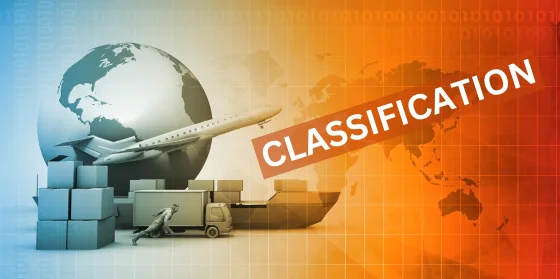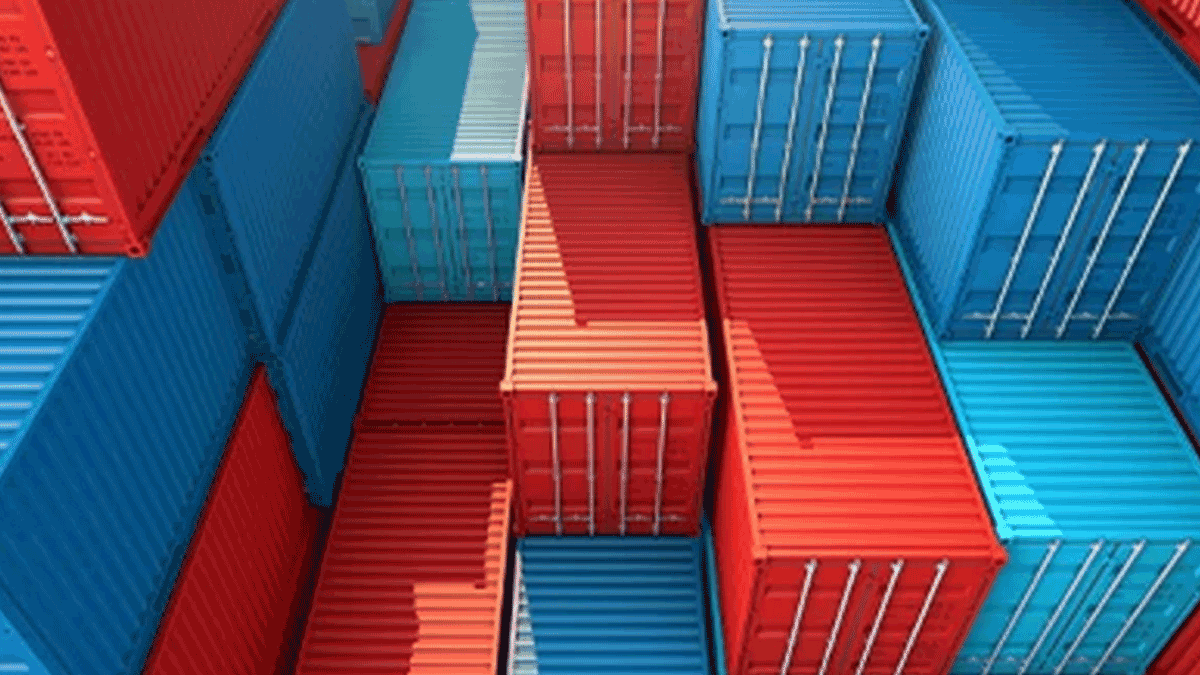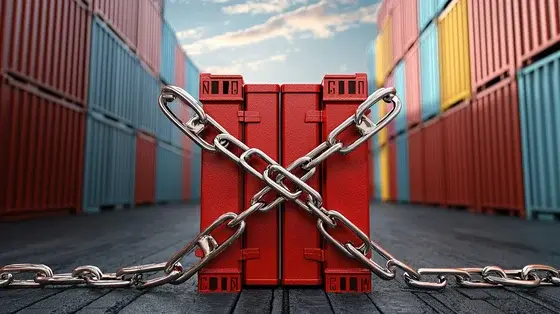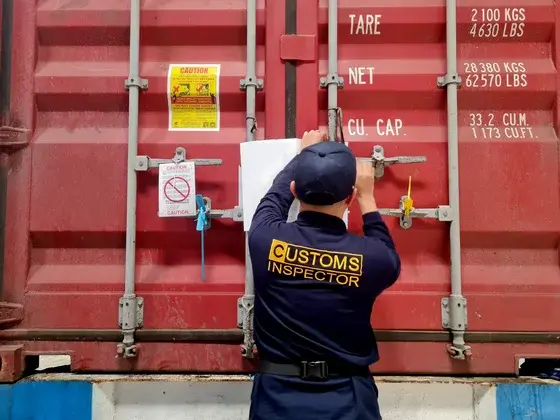On: February 10, 2025 By: David Noah
HS Codes, HTS Codes and Schedule B Codes: What's the Difference?
Exporters often use Harmonized System (HS), Harmonized Tariff Schedule (HTS) and Schedule B codes interchangeably. They know these codes classify their products for international trade. While that's OK in casual conversation, it's important to know the differences when it comes to actual usage.









